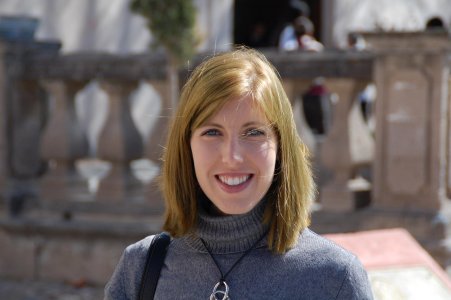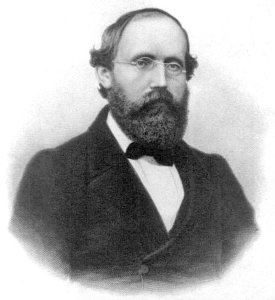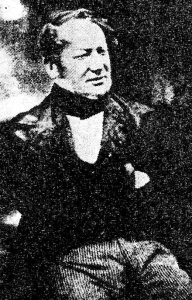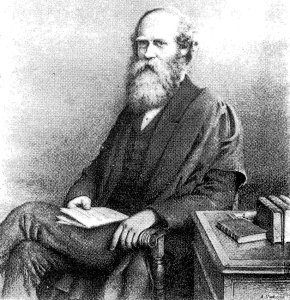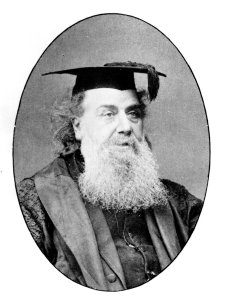The Mathematical Institute at the University of Oxford has been awarded a new Regius Professorship as part of the Queen’s 90th birthday celebrations.
Twelve new Regius Professorships – rare, sovereign-granted titles recognising the most outstanding levels of research in their fields – were awarded to leading British universities to mark the milestone. This is the first time since 1842 that Oxford has been awarded a Regius Professorship.
The Vice-Chancellor of the University of Oxford, Professor Louise Richardson, said: "2016 is proving to be quite a year for the Mathematical Institute at Oxford, with the Abel Prize presented to Sir Andrew Wiles and Nigel Hitchin recently announced as Shaw Prize laureate. Being awarded a Regius Professorship in Mathematics is wonderful news for the University and another mark of distinction for Oxford Mathematics."
Professor Martin Bridson, Head of the Mathematical Institute at Oxford, said: "This is a special moment in the history of Oxford Mathematics. The award of this Regius Professorship is a wonderful recognition of all that we have achieved and of the exciting future that lies before us.
A noteworthy feature of the award is that it recognises both our pre-eminence in fundamental research and the enormous benefits that flow to society from mathematics. Progress at the frontiers of science and technology has always made great demands of mathematics, and today it reaches more deeply than ever into the core of the discipline. Oxford is proud of the way in which it embraces the power of this interaction."
Until now, only 14 Regius Professorships had been granted since the reign of Queen Victoria, including 12 to mark the Queen’s Diamond Jubilee. As in 2012, recipients of new Regius Professorships have been selected by open competition, judged by an independent panel of business and academic experts.
Each institution will assign the title to an existing professor in the chosen department or will appoint a new professor to take the chair and hold the title.
John Penrose, Minister for Constitution, said: "It is a privilege and an honour to announce these new Regius Professorships in recognition of the truly outstanding work of our universities and as a fitting tribute to mark Her Majesty’s 90th birthday. The 12 institutions can consider themselves truly deserving of this great honour."
In the past, Regius Professorships were created when a university chair was founded or endowed by a royal patron. Previously, they were limited to a handful of the ancient universities of the United Kingdom and Ireland, namely Oxford, Cambridge, St Andrews, Glasgow, Aberdeen, Edinburgh, and Trinity College, Dublin.
Announced in the government’s Productivity Plan in July, the new Regius Professorships will celebrate the increasingly important role of academic research in driving growth and improving productivity over the past 90 years.
The creation of Regius Professorships falls under the Royal Prerogative, and each appointment is approved by the monarch on ministerial advice.
Chancellor of the Exchequer George Osborne said: "I am passionate about promoting science and economic growth right across the country. That’s why I promised to push for prestigious new Regius Professorships, not just in London and Oxbridge but in other great centres of learning, including the Northern Powerhouse, Wales, Scotland and Northern Ireland. I’m delighted that promise is being honoured today."
Jo Johnson, Minister for Universities and Science, said: "The success of our economy is underpinned by the exceptional science and research taking place in our world-leading universities up and down the country, and I’m delighted these 12 institutions have been recognised for their achievements. We’ll continue to make sure pioneering science is recognised and supported to help improve the lives of millions across the country and beyond."




